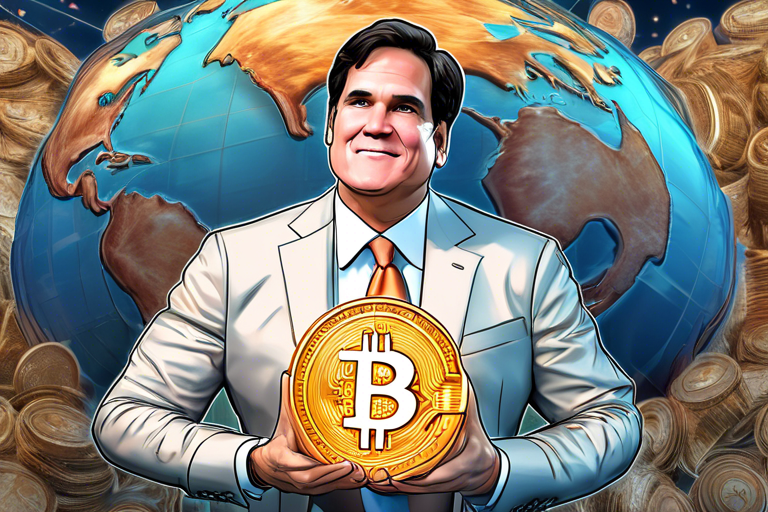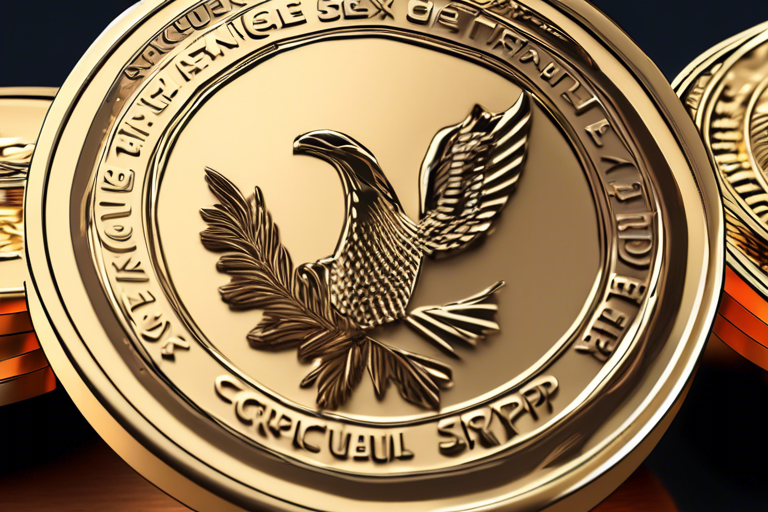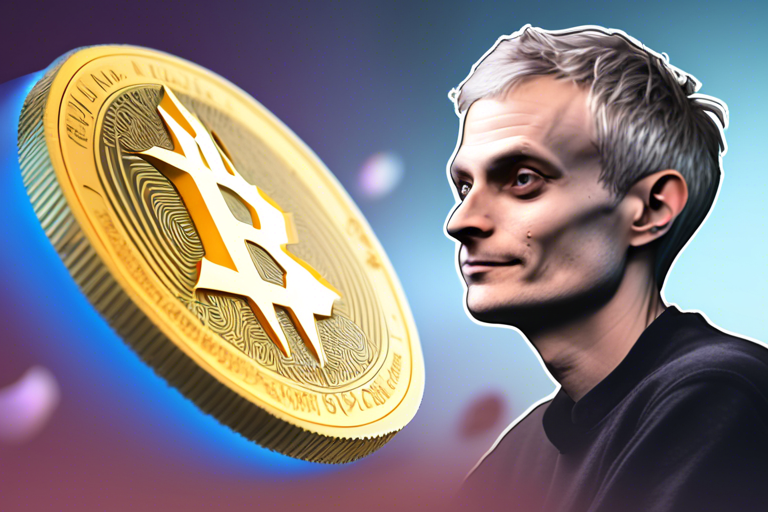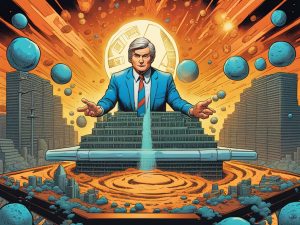Summarizing the Rise of Bitcoin as a Potential Global Reserve Asset
Amid ongoing global economic uncertainties, key figures in both business and politics are engaging in conversations about Bitcoin’s potential as a global reserve asset. Mark Cuban, a notable billionaire entrepreneur and investor, has recently speculated that Bitcoin could attain this status due to geopolitical instability and inflationary pressures. Cuban further suggested that Silicon Valley’s increased support for former President Donald Trump may be a strategic move to capitalize on Bitcoin’s potential, especially in light of uncertainties surrounding the US’s geopolitical role and the impact on the US Dollar.
Key Players in the Discussion
- Mark Cuban views geopolitical instability and inflationary pressures as potential drivers for Bitcoin’s ascent as a global reserve asset.
- Senator Cynthia Lummis advocates for integrating Bitcoin into the US financial system to bolster the dollar.
- Countries like Venezuela and Argentina are turning to cryptocurrencies as economic conditions worsen.
- Business leaders like Michael Saylor propose a Bitcoin-backed dollar to preserve privacy and property rights.
The discourse surrounding Bitcoin as a reserve asset extends beyond the business realm. Senator Cynthia Lummis has been actively promoting the incorporation of Bitcoin into the US financial system to fortify the dollar’s strength and ensure its global primacy. Lummis prioritizes safeguarding self-custody Bitcoin wallets, rejecting retail Central Bank Digital Currencies (CBDCs), and maintaining the dollar’s dominance into the modern era.
The growing trend towards considering Bitcoin as a reserve asset reflects a larger movement among cryptocurrency advocates to embed digital assets within the US financial landscape. Proponents argue that Bitcoin can function as a hedge against inflation and enhance financial privacy through decentralization, especially crucial as nations confront economic hurdles. For instance, in Venezuela and Argentina, cryptocurrency adoption has surged in response to economic challenges driven by sanctions, government corruption, and hyperinflation.
These real-world instances underscore the appeal of digital assets as alternative financial systems during times of economic upheaval. Moreover, notable figures like Michael Saylor and even former President Donald Trump have expressed interest in Bitcoin’s potential to become a reserve asset for the dollar, signaling a broader acceptance of digital assets in political and economic dialogues.
Hot Take on Bitcoin’s Growing Relevance
The ongoing discussions surrounding Bitcoin’s evolution into a global reserve asset reflect a shifting landscape where traditional financial norms are being reevaluated to adapt to the digital age. As geopolitical uncertainties persist and economic challenges loom, Bitcoin’s potential to serve as a stabilizing force and a privacy-enhancing tool gains prominence in both business strategies and policy frameworks.





 By
By
 By
By
 By
By
 By
By
 By
By
 By
By